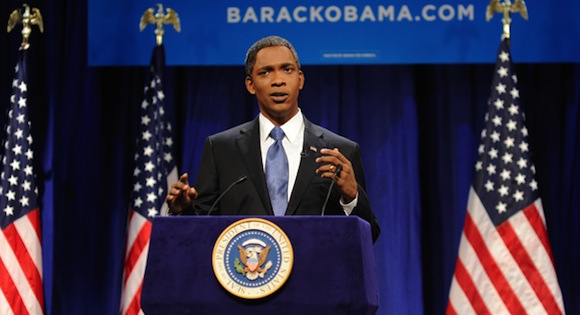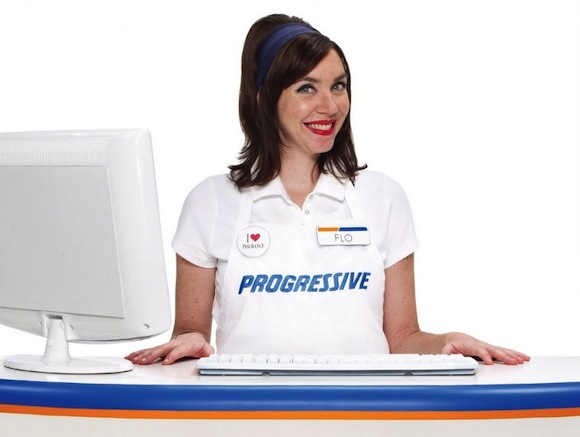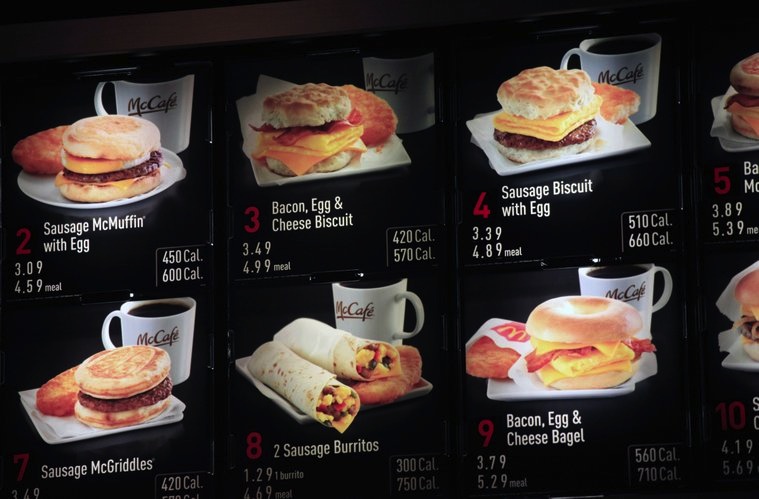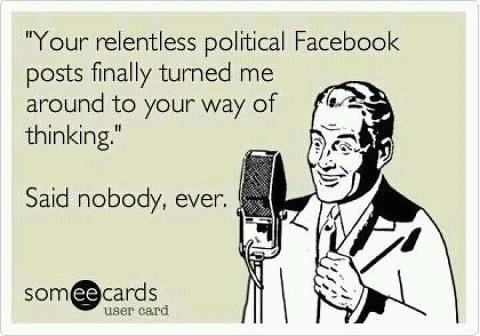
I came across this piece, titled “The Green Thing,” on Facebook. It’s apparently been circulating for a while, and I have no idea who originally wrote it.
In the line at the store, the cashier told an older woman that she should bring her own grocery bags because plastic bags weren’t good for the environment.
The woman apologized to her and explained, “We didn’t have the green thing back in my day.”
The clerk responded, “That’s our problem today. Your generation did not care enough to save our environment.”
She was right — our generation didn’t have the green thing in its day.
Back then, we returned milk bottles, soda bottles and beer bottles to the store. The store sent them back to the plant to be washed and sterilized and refilled, so it could use the same bottles over and over. So they really were recycled.
But we didn’t have the green thing back in our day.
We walked up stairs, because we didn’t have an escalator in every store and office building. We walked to the grocery store and didn’t climb into a 300-horsepower machine every time we had to go two blocks.
But she was right. We didn’t have the green thing in our day.
Back then, we washed the baby’s nappies because we didn’t have the throw-away kind. We dried clothes on a line, not in an energy gobbling machine burning up 220 volts — wind and solar power really did dry the clothes. Kids got hand-me-down clothes from their brothers or sisters, not always brand-new clothing. But that lady is right; we didn’t have the green thing back in our day.
Back then, we had one TV, or radio, in the house — not a TV in every room. And the TV had a small screen the size of a handkerchief (remember them?), not a screen the size of the state of Montana.
In the kitchen, we blended and stirred by hand because we didn’t have electric machines to do everything for us.
When we packaged a fragile item to send in the mail, we used a wadded up old newspaper to cushion it, not Styrofoam or plastic bubble wrap.
Back then, we didn’t fire up an engine and burn gasoline just to cut the lawn. We used a push mower that ran on human power. We exercised by working so we didn’t need to go to a health club to run on treadmills that operate on electricity.
But she’s right; we didn’t have the green thing back then.
We drank from a fountain when we were thirsty instead of using a cup or a plastic bottle every time we had a drink of water.
We refilled writing pens with ink instead of buying a new pen, and we replaced the razor blades in a razor instead of throwing away the whole razor just because the blade got dull.
But we didn’t have the green thing back then.
Back then, people took the streetcar or a bus and kids rode their bikes to school or walked instead of turning their moms into a 24-hour taxi service.
We had one electrical outlet in a room, not an entire bank of sockets to power a dozen appliances. And we didn’t need a computerized gadget to receive a signal beamed from satellites 2,000 miles out in space in order to find the nearest pizza joint.
But isn’t it sad the current generation laments how wasteful we old folks were just because we didn’t have the green thing back then?





 I found this interesting when I heard it. For the first time in American history, there are no WASPS–white Anglo-Saxon Protestants–on the presidential ballot. We have a black Protestant, a white Mormon, and two white Catholics.
I found this interesting when I heard it. For the first time in American history, there are no WASPS–white Anglo-Saxon Protestants–on the presidential ballot. We have a black Protestant, a white Mormon, and two white Catholics.






